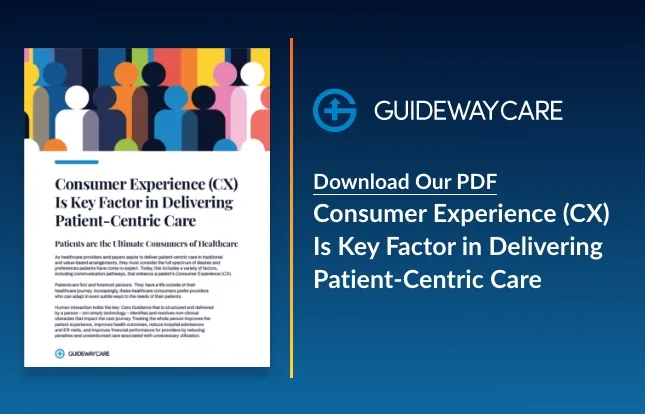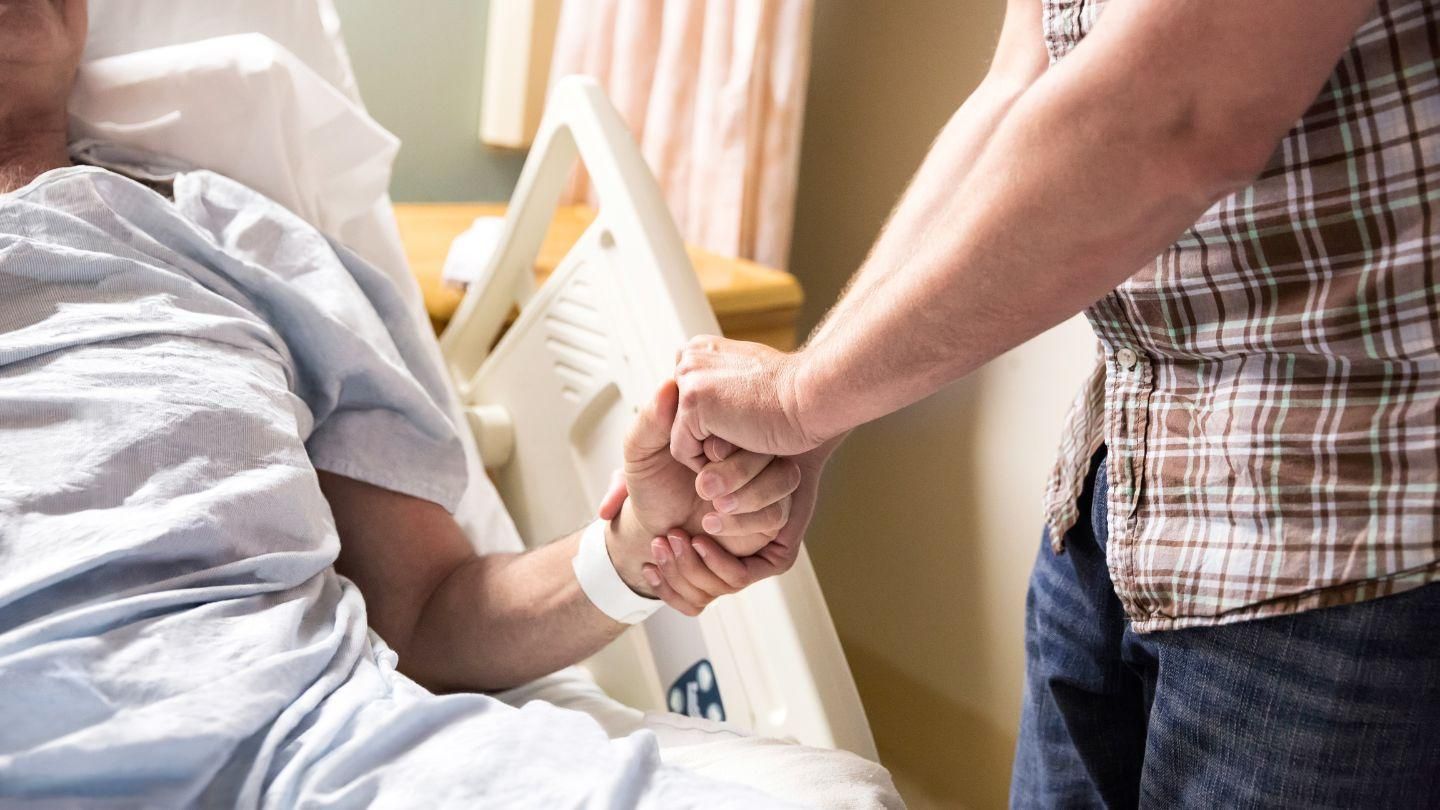Exploring the Different Types of Cancer Navigators

Cancer is a complex disease that requires a coordinated approach to care. An oncology navigator is crucial in supporting patients through the rigorous healthcare system, helping them understand their diagnosis, treatment options, and available resources. Different kinds of cancer navigators undergo varying training and backgrounds, leading to specialized skills. Understanding these variations can help patients and their families make the most of available support.
Oncology Nurse Navigators
Oncology nurse navigators (ONNs) are registered nurses who specialize in oncology. They are a bridge between patients and their healthcare teams, providing clinical guidance and emotional support. ONNs help patients understand their diagnosis, explain treatment options, and manage side effects. In addition, they coordinate care between different types of cancer navigators or specialists, ensuring that all aspects of treatment are aligned.
Patient Navigators
Patient navigators come from diverse backgrounds, including social work, psychology, or public health. Their primary role is to address the non-medical barriers to care that cancer patients often face, such as transportation, financial issues, and access to community resources. Patient navigators also provide emotional support, help with logistical challenges, and connect patients with social services, allowing patients to focus on treatment and recovery.
Clinical Navigators
Other common types of cancer navigators are clinical nurses with a strong background in clinical settings. They focus on the clinical aspects of patient care, including coordinating tests, treatments, and follow-up appointments. Clinical navigators work closely with oncologists and other specialists to ensure the clinical care plan is executed smoothly and efficiently. Another vital role for clinical navigators is educating patients about their treatment plans and what to expect at each journey stage. These healthcare professionals leverage clinical expertise to streamline the treatment process, reduce delays, and improve outcomes.
Read more: How to Measure Quality in Cancer Care?
Genetic Counselors as Navigators
Genetic counselors can serve as navigators, leveraging specialized training in genetics and hereditary cancer syndromes. Unlike the latter, genetic counselors are different cancer navigators, as they help patients and families understand their genetic risk for cancer, interpret genetic test results, and make informed decisions about genetic testing and preventive measures. Genetic counselors provide counseling and support for patients dealing with the implications of hereditary cancer risk, helping them navigate complex choices about observation and risk-reducing strategies.
Different kinds of cancer navigators support patients through their cancer journey, bringing valuable expertise and compassion to the table. Guideway Care enhances the oncology model in partner organizations, ensuring program goals are met, improving patient satisfaction, and lowering operational expenses.
Contact Us Today To Learn How We Can Help
"*" indicates required fields




